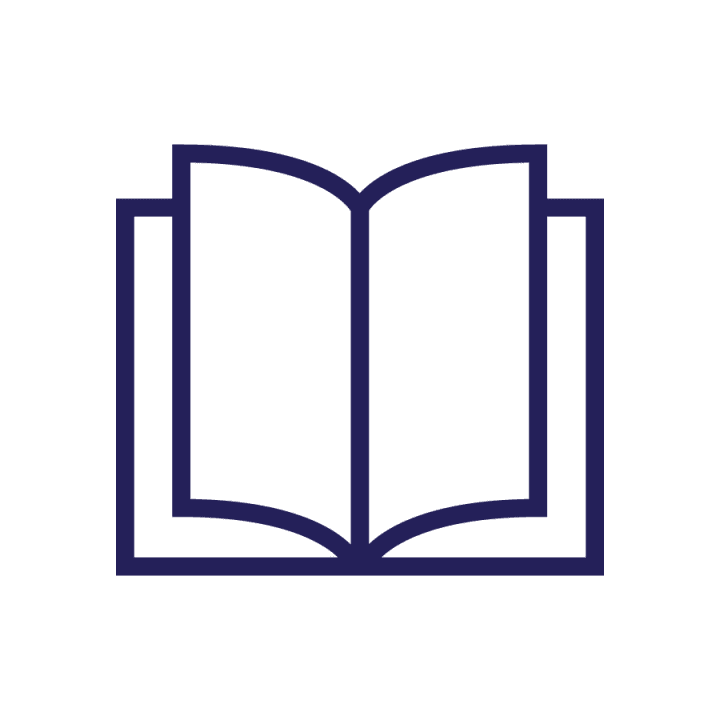“I always try to make films about things that get under my skin,” says writer, producer, and director Mira Nair.
In Salaam Bombay! she exposed the life of street children; in India Cabaretshe shed light on prostitution; Mississippi Masala told a story of interracial love; The Perez Family revolved around the emotion of exile. Since 2000, she has directed two blockbuster love stories: Monsoon Wedding, the story of a Punjabi wedding, and The Namesake, an adaptation of Jhumpa Lahiri’s Pulitzer Prize-winning novel; both explored personal history, family, and tradition. In all her work, she has built her stories on carefully composed shots, creating visually stunning and emotionally deep narratives of love and country.
Born in Bhubaneswar, India, in 1957, and educated at Delhi University and Harvard University, Nair began her career as an actor before turning to documentary films. It was a format that was terrifically unpopular in India at the time. “Documentaries in India when I made them back in the ‘80s were about things like how much coal the country produced every week,” she said in an interview with The Guardian. “Documentaries are like ‘the d word.’ No one is going to come,” she was told. And, she added, “The kind of documentaries I made also unnerved people.” Two of her first three films, So Far From India and India Cabaret, won numerous awards, but still, no distributor wanted to touch Salaam Bombay!, a fictional yet realistic story of the hard lives of street children. “They thought I was mad to make a film on street kids,” she said. Yet, the 1988 feature was nominated for an Academy Award, a Golden Globe, BAFTA Award for Best Foreign Language Film, and won the Camera D’Or (for best first feature) and the Prix du Publique (for most popular entry) at the Cannes Film Festival, and suddenly Nair’s films had no trouble finding distributors.
Nair founded Mirabai Films, Inc., in 1989 to “create films that question cultural barriers and depict worlds that are both true to their culture and universal in their appeal.” Currently in pre-production on its eighth film, the company has been famously successful, allowing Nair to focus her energy on films of importance to her, as well as on giving young artists a hand on their way up. In an interesting pairing of nonfiction and fiction, in 1998 Nair directed My Own Country based on Dr. Abraham Verghese’s best-selling memoir about a young immigrant doctor dealing with the AIDS epidemic, and in January 2007 she directed Migration, one of four short films by acclaimed Indian film directors made to raise awareness about the AIDS epidemic in India. Screened like trailers before big Bollywood films, the shorts have been an important contribution to that public health campaign. Appointed as the mentor in film by the prestigious Rolex Protégé Arts Initiative, Nair joined fellow mentors Sir Peter Hall, David Hockney, and Mario Vargas Llosa to help guide young artists in critical stages of their development. She has been equally instrumental as a professor in Columbia University’s School of the Arts Film Division, and in Kampala, Uganda, where Mirabai Films established an annual filmmaker’s laboratory, Maisha, dedicated to the support of visionary screenwriters and directors in East Africa and South Asia. She currently lives in New York City with her husband and son.
Excerpt from The Namesake: A Portrait of the Film by Mira Nair Based on the Novel by Jhumpa Lahiri (2006)
“The Namesake, for me, was inspired by grief. I had lost a beloved without warning, and as is our custom, we had to bury her the next day, in a bitterly cold field under jet-strewn skies near Newark Airport. This was our Ammy, who had spent her entire life in the red earth of East Africa, now being laid to rest under the icy glare of snow, very far from what she and we, her family, had known as home. In the weeks of mourning that followed, I found myself on a plane reading The Namesake. I had bought the novel months before in our local neighborhood bookstore, The Labyrinth, where my family spends many a desultory Sunday afternoon.
Now the book became a comfort, a source of real solace as I tried making sense of the finality of loss. Jhumpa’s writing distilled the nature of grief, the loss of a parent in a country that is not fully home, taking readers through a world of crisscrossings achingly familiar to me. The Namesake was many of my worlds: the Calcutta I left behind as a teenager, the Cambridge where I went to college, and the New York where I now live. Jhumpa’s New York is not the immigrant communities of Little India or Jackson Heights but the New York of lofts, Ivy League bonding, art galleries, political marches, book openings, country weekends in Maine with WASPy friends, a deeply cosmopolitan place with it is own images and manners. This was the place I had lived in since 1978; this is the city where I learned how to see.”
Selected Films
Amelia (2009)
The Namesake (2007)
Hysterical Blindness (2001)
Monsoon Wedding (2001)
My Own Country (1998)
Kama Sutra: A Tale of Love (1996)
The Perez Family (1993)
Mississippi Masala (1991)
Salaam Bombay! (1988)
Links
Mirabai Films website
Interview with Mother Jones
‘Salaam Cambridge!’: Accomplished filmmaker Mira Nair captivates Sanders Theatre crowd with reflections and reminiscences
